Dhaka, Dec 08, (V7N) - On Saturday, the July Revolutionary Alliance, a student-led organization, held a press conference at the Friends Club grounds in Uttara, Sector 3, to disclose the names and identities of 81 individuals who lost their lives during the July uprising in the capital's Uttara area. The event also featured emotional addresses from the families of the deceased, reflecting the tragic toll of the movement. A massive banner bearing photographs of the martyrs has been installed at the site, creating a symbolic Shahid Minar (Martyrs' Monument) in their memory.
Details of the Uprising and the Martyrs
According to Fantaasir Mahmud, spokesperson for the July Revolutionary Alliance, the uprising, which lasted from July 18 to August 5, claimed countless lives. While the organization is still working to compile a comprehensive list of the deceased, they have thus far identified 81 individuals from various professions and backgrounds, including:
25 students, 19 professionals, 10 businesspeople, 5 drivers (including rickshaw pullers), 2 imams, 1 doctor
Fantaasir Mahmud stated that the deadliest day of the uprising was August 5, when 42 individuals lost their lives. Other significant casualties were recorded on July 19 (22 deaths) and July 18 (20 deaths). Among the victims, the majority were aged between 21 and 30 (26 individuals), followed by 31 to 40 years (18 individuals) and 10 to 20 years (17 individuals).
List of Identified Martyrs
The disclosed names include individuals from diverse backgrounds, reflecting the broad social impact of the uprising. The martyrs are:
Zahiduzzaman Tanvin, Asif Hasan, Shakil Parvez, Jasim, Ali Hossain, Abdur Rouf, Mahmudul Hasan Rizvi, Mir Mahfuzur Rahman Mugdha,
Dr. Sajib Sarkar, Md. Sabbir Ahmed, Md. Tajul Islam, Rahat Hossain, Sharif, Zakaria Hasan, Sheikh Fahmin Zafar Abdullah Al Tahir, Mokhlesur Rahman, Md. Ali Hossain, Nazim Uddin, Bakul Mia,
Md. Jasim, Samid Hossain, Jubayer Bepari, Alamgir Hossain, Sabid Hossain, Hafiz Sadiqur Rahman, Redwan Sharif Riyad, Zakir Hossain,
Hafiz Aminul Islam, Naima Sultana, Hafiz Mawlana Habibullah Bahar, Sabbir Islam Saqib, Abu Bakr Siddiq Shiblu, Faisal Sarkar, Zakir Hossain, Md. Asadullah, Md. Jubayer Bepari, Md. Jamal Molla, Robiul Islam, Abdullah Al Mahin, Zahidul Islam, Md. Anarul Islam, Mahmudur Rahman Khan Sohel, Abdus Sattar, Naeem Islam, Saiful Islam, Raju Ahmed, Mahmudul Hasan, Akash Bepari, Sagar Gazi, Jasim, Hafiz, Abdun Nur, Ripon, Nazim, Omar Nurul Absar, Sanjid Hossain Mridha,
Lablu Mia, Md. Babul, Abdun Nur, Abdullah Bin Zahid, Md. Robiul Islam Limon, Wahid Mia, Fazlul Karim, Rana Talukdar, Samio Aman Noor
Sujon Mia, Zahirul Islam Shuvo, Mohammad Liton, Shakhawat Hossain Sadat, Jasim, Hafiz Mahmudul Hasan Mehdi, Ruhul Amin, Abdul Kader Manik, Kabir, Saiful Islam Sekul, Saiful Islam, Masum Sheikh, Amir Hossain, Abu Hasanat Roni, Nazmul Islam Raju, Jasimuddin Tufan, Jabir Ibrahim,
In addition to these identified individuals, several more victims' bodies were sent to morgues such as Dhaka Medical College Hospital but remain unidentified.
Commemorations and Additional Disclosures
The tragic loss of lives during the July uprising has united various civic and student groups in remembrance. On the same day, another organization, the "Twenty-Four’s Uttara," revealed the identities of 46 martyrs from Uttara at the martyr Mugdha Mancha. This event highlighted the stories of those who fell victim to state violence, adding to the collective memory of the uprising.
Context and Reflection
The July uprising has etched itself into the nation’s consciousness as a pivotal moment of protest and resistance. The unity demonstrated across professions, age groups, and backgrounds reflects a broader demand for justice and accountability. The mass loss of life underscores the sacrifices made for the movement’s ideals.
As the Revolutionary Alliance continues to compile the list of martyrs and preserve their memory, the call for justice remains louder than ever. Families of the deceased, along with activists and civic organizations, demand that those responsible for the violence be held accountable and that measures be taken to ensure such tragedies do not recur in the future.
END/SMA/AJ/



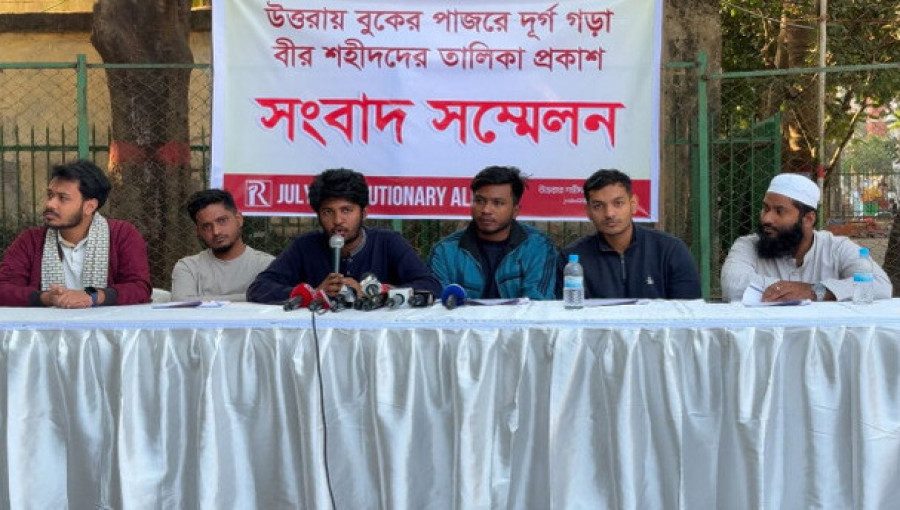
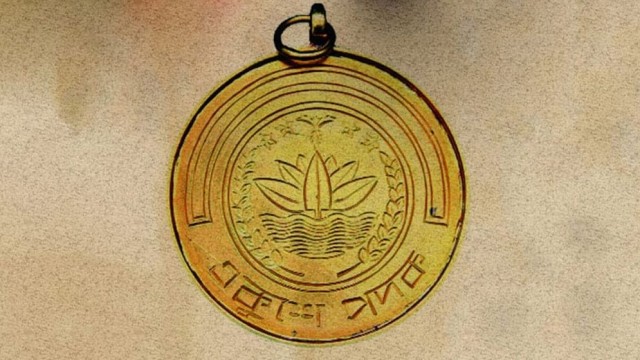
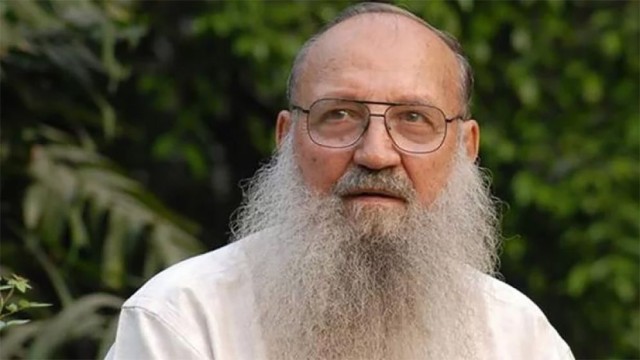
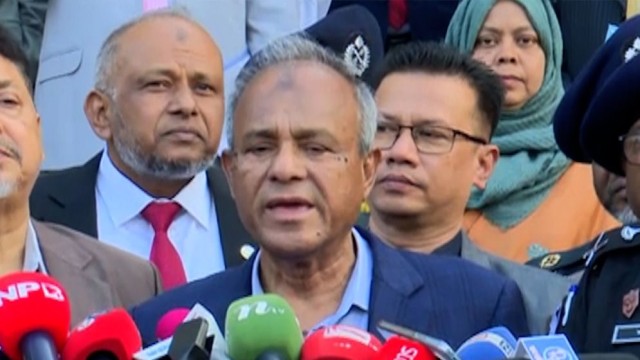
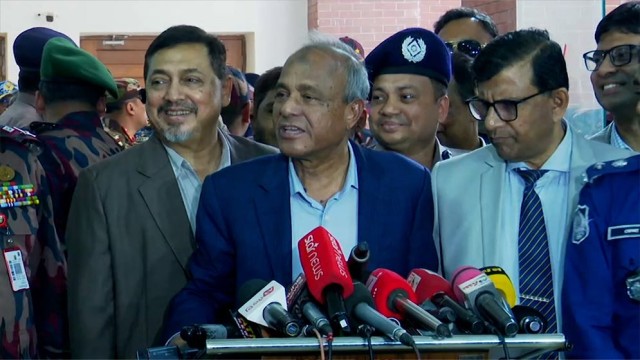
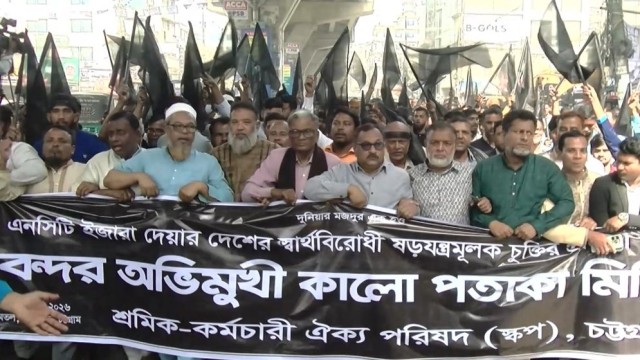
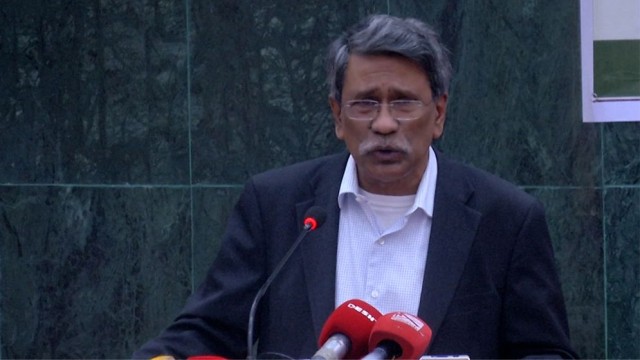
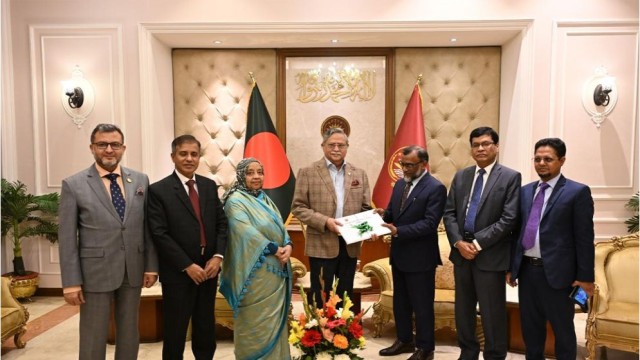

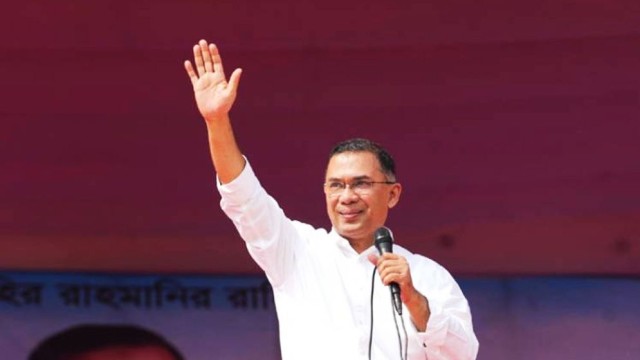

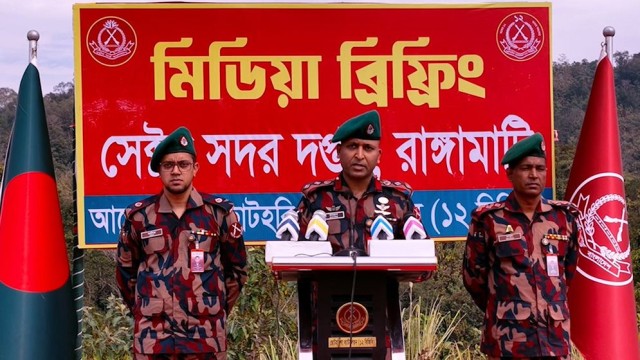
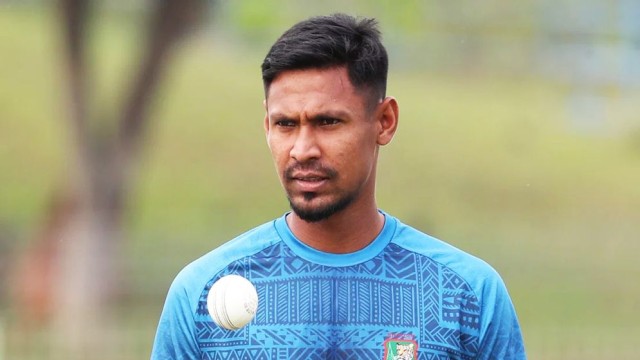
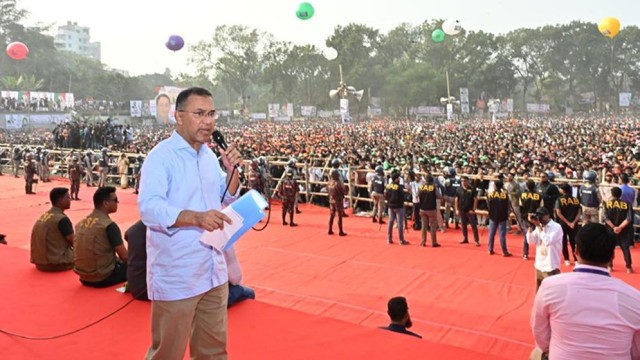
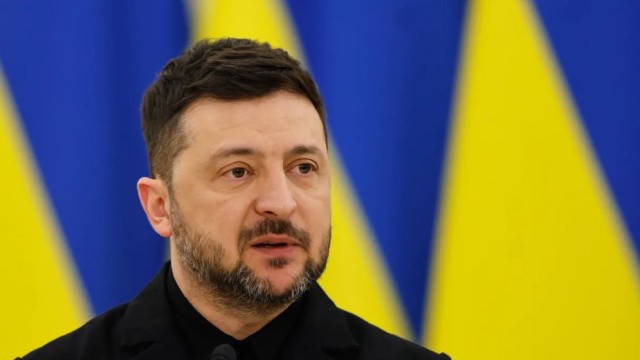











Comment: